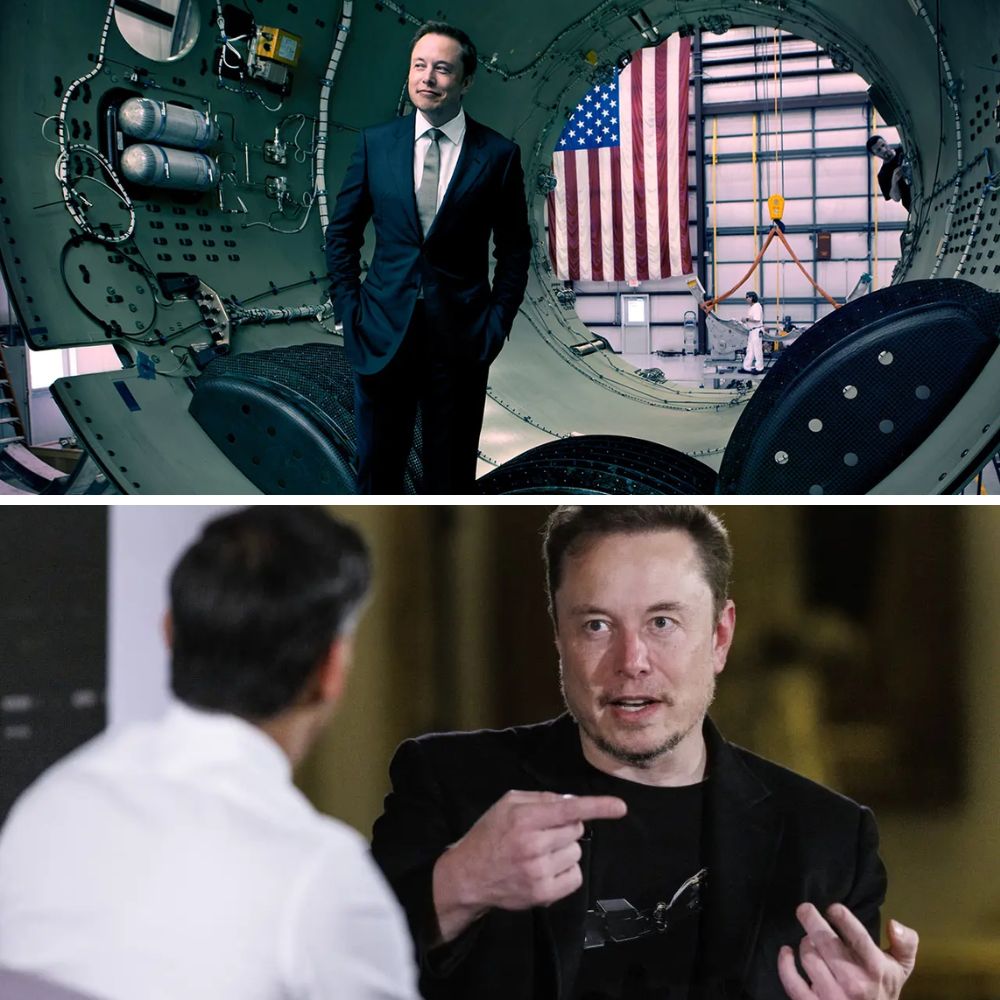Tech mogul Elon Musk has once again captured global attention with his latest remarks on artificial intelligence, offering a mix of cautious optimism and unflinching curiosity about one of the most debated topics in modern technology.

In a recent interview, Musk acknowledged the immense potential benefits of AI, suggesting that it could revolutionize medicine, energy, transportation, and countless other sectors.
“AI will likely be good for humanity,” he said, noting its promise to solve problems that have long plagued the world.
Yet, in true Musk fashion, he tempered his optimism with a dose of realism — even admitting that he would want to witness the evolution of AI even if it turns out to have negative consequences.
“I’d at least like to be alive to see it,” he added, a statement that sparked both intrigue and concern among industry experts and the public alike.
Musk’s comments come amid growing global debates about AI regulation, safety, and ethical implications. From generative AI to autonomous weapons, experts warn that the technology’s rapid development poses significant risks if not carefully managed. Yet, Musk’s stance highlights a complex duality: fascination with the unknown combined with a deep awareness of potential danger.
“It’s like looking at a forest fire,” Musk said metaphorically. “It could be beautiful and transformative — or it could destroy everything. And either way, I want to see it happen.”
Industry analysts have noted that Musk’s statement reflects a broader trend among tech visionaries who are both excited and cautious about AI. His own ventures, including Tesla and Neuralink, already integrate advanced AI systems, giving him a front-row seat to the technology’s trajectory.
Reactions online were immediate and divided. Some applauded Musk for his transparency and willingness to engage with AI’s moral and practical dilemmas. Others criticized him, arguing that a more cautious approach is necessary to prevent catastrophic outcomes.
Dr. Amanda Lee, a researcher in AI ethics, said:
“Musk’s comment is emblematic of the fascination and fear surrounding AI. It’s a reminder that while the technology has incredible potential, its trajectory is uncertain, and the consequences could be profound.”
Despite the controversies, Musk remains unshaken, emphasizing that humanity is on the cusp of a new era. Whether AI becomes a boon or a hazard, he appears committed to witnessing — and perhaps influencing — its evolution firsthand.
As he put it bluntly:
“It could save humanity. It could challenge humanity. Either way, it’s going to be incredible to see.”
In a world increasingly shaped by algorithms and intelligent machines, Musk’s words serve as both a warning and an invitation — a call to watch, prepare, and engage with the future of artificial intelligence as it unfolds.
The question now remains: will humanity steer AI toward salvation, or will it watch the fire from the front row, just like Musk?